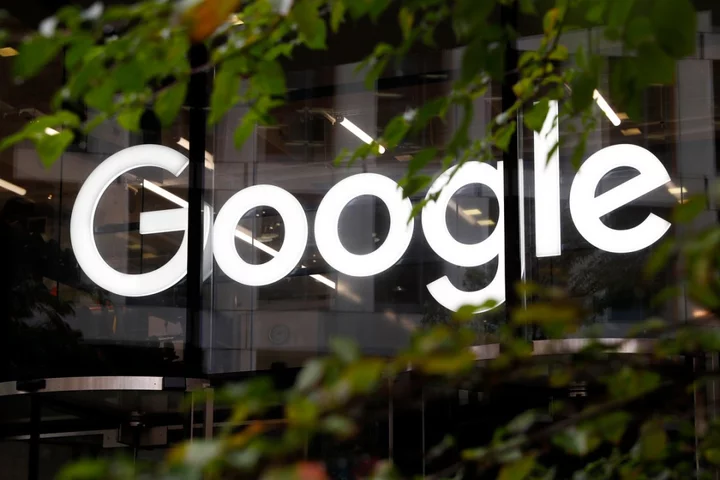Google is reportedly planning to “supercharge” its virtual personal assistant software with the inclusion of new generative artificial intelligence features similar to those in chatbots like Bard and OpenAI’s ChatGPT.
Work on the new version of Google Assistant has begun with the mobile version of the product, Axios first reported, citing an internal e-mail sent to employees.
The tech giant is reportedly reorganising its team working on Assistant with an anticipated elimination of “a small number of roles”.
However, it remains unclear how many employees in the team will likely be affected by layoffs.
“We remain deeply committed to Assistant and we are optimistic about its bright future ahead,” Axios quoted Peeyush Ranjan, the vice president of Google Assistant, and Duke Dukellis, the company’s product director, as saying.
Google spokesperson Jennifer Rodstrom told The Verge in a statement that the company is currently exploring ways to use large language models like ChatGPT to “supercharge Assistant and make it even better”.
The move comes as Google announced a major update to its own ChatGPT rival Bard last month, which allows the AI chatbot to respond to queries by talking.
Bard draws on vast quantities of training data to come up with human-like responses to a wide range of queries.
Similar to ChatGPT, Bard has proven capable of producing a range of output, from summarising texts to generating computer code, for creating games or software programmes.
The decision to “supercharge” Assistant also comes as the tech giant noted in a report last month that artificial intelligence marks the “most profound” technology shift in our lifetimes with the potential to “turbocharge” the UK economy.
Google estimated in the report that the economic boost from AI would be equivalent to an annual growth of 2.6 per cent, creating £200bn in extra revenues for public services and “turning around the recent growth stagnation”.
The tech giant’s estimation did not account for the impact of AI on some jobs, however, with many critics expressing fear of the impact that disruptive technology has.
For instance, professor Geoffrey Hinton – widely regarded as the “godfather of AI” for his research contributions to the field – resigned from his job at Google, expressing fear that “bad actors” could use new AI technologies to harm others.
“It is hard to see how you can prevent the bad actors from using it for bad things... I console myself with the normal excuse: If I hadn’t done it, somebody else would have,” he said.
Read MoreTired of proving you’re not a robot? Say goodbye to Captcha boxes
ChatGPT rival with ‘no ethical boundaries’ sold on dark web
Google’s AI chatbot Bard can now talk
Geothermal breakthrough uses oil drilling tech to tap renewable energy
How to take the perfect picture of tonight's supermoon
Twitter takes down giant ‘X’ sign on roof after a week following city investigation









